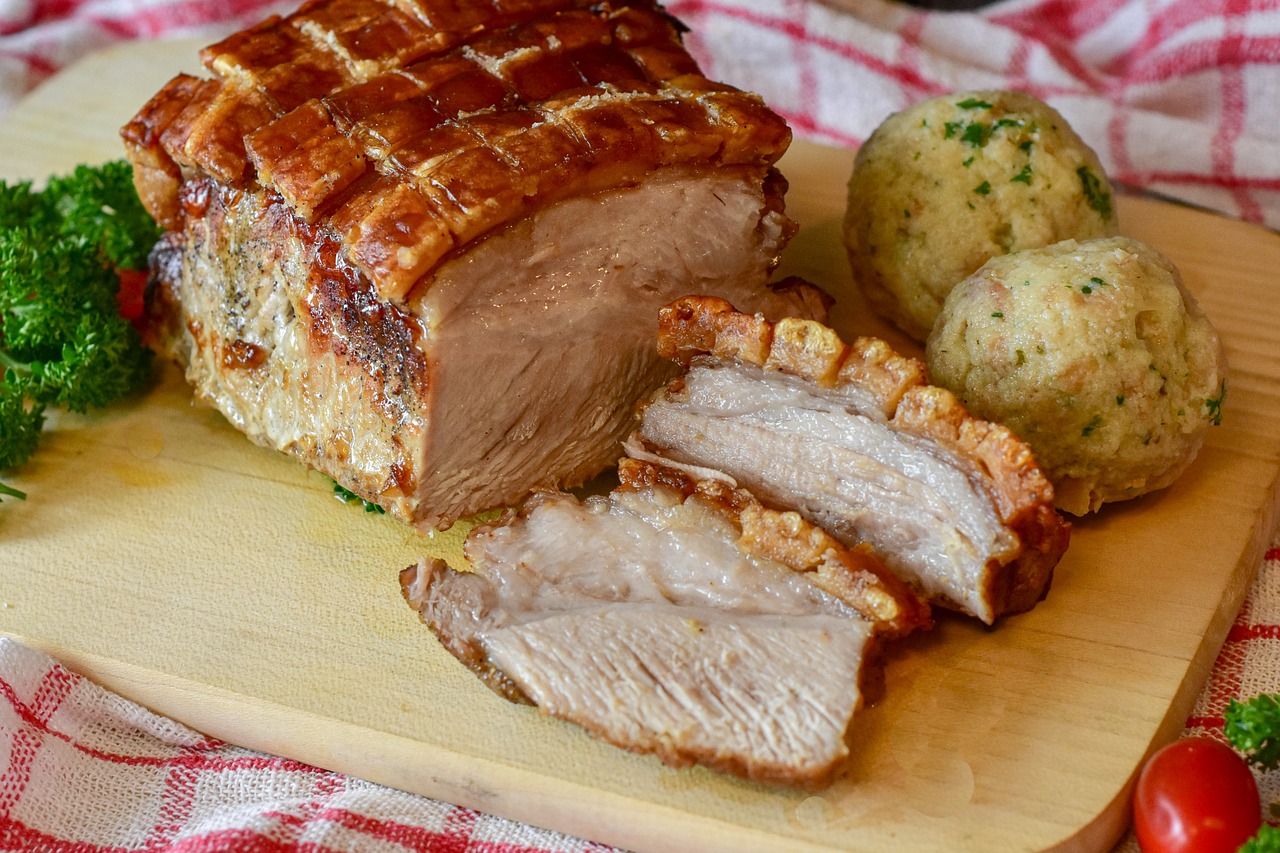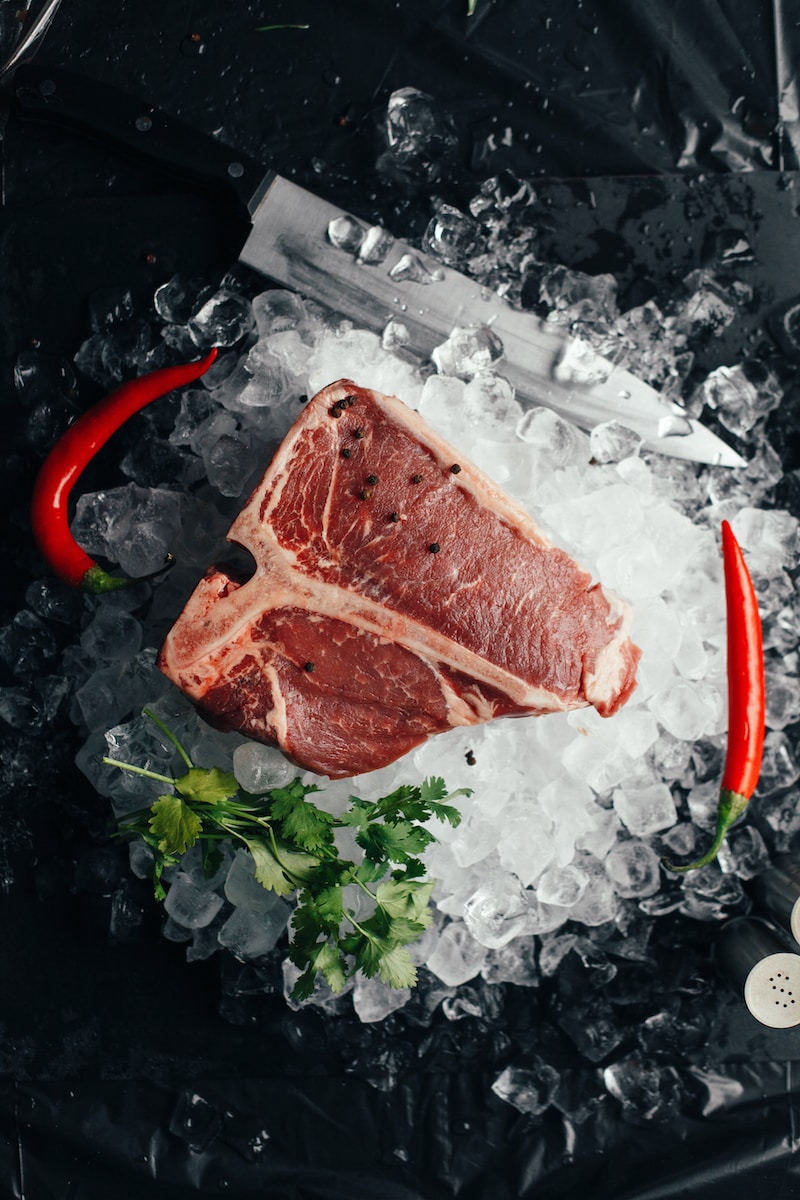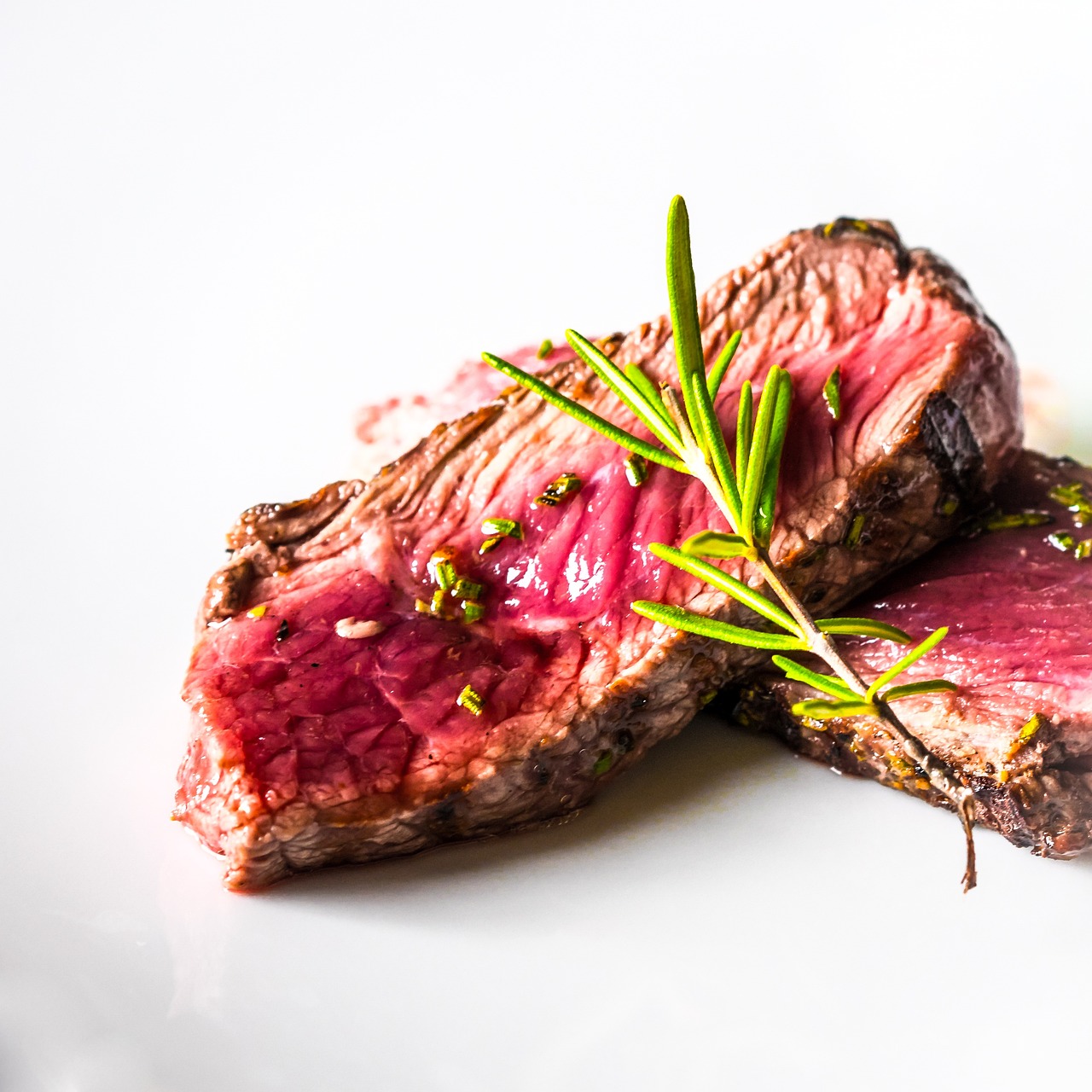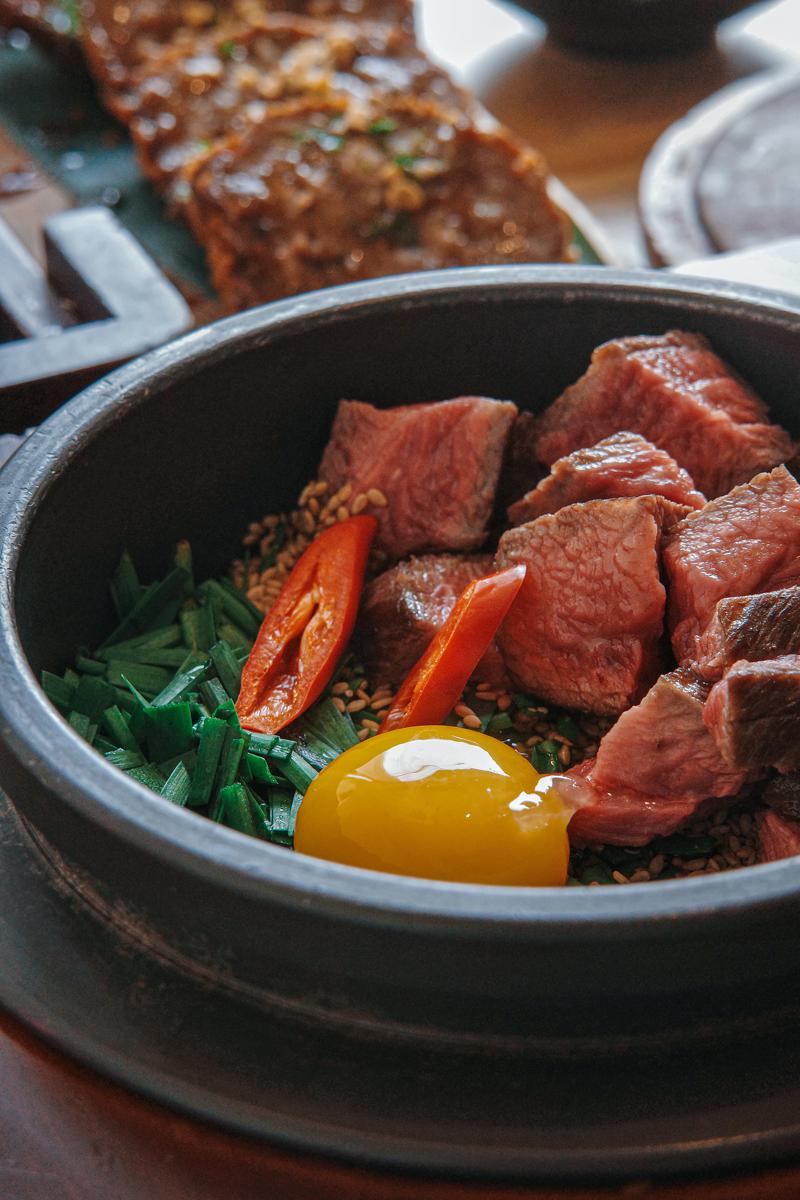Summary. In recent years, the carnivore diet has become increasingly popular, leading to the question – is eating an all-meat diet healthier than a plant-based one? While the carnivore diet may have some benefits like improved digestion and reduced inflammation, studies suggest that a vegan diet provides more beneficial nutrients, like essential vitamins and minerals. A vegan diet is also generally more sustainable for the planet, and can help you maintain a healthy weight. Ultimately, it’s important for individuals to do their research and make an informed decision about the diet that works best for them.
Carnivore and vegan diets both have benefits when it comes to overall health and wellbeing. But which one is healthier? Does one provide more nutrition than the other? What are the long-term implications of a carnivore diet versus a vegan one? In this article, we’ll discuss the potential benefits and drawbacks of both diets to help you decide which is right for you.
This diet is largely composed of meat, poultry, and eggs – with some people even foregoing dairy products. On the surface, the carnivore diet may seem restrictive, but its proponents say it’s simple and provide many benefits such as improved energy levels, better sleep patterns, and improved digestion. Plus, research suggests that it can help reduce inflammation, improve blood sugar levels, and lower cholesterol. But what are the long-term health implications?
While there are numerous health benefits associated with switching to a vegan diet – such as improved heart health, weight loss, lower cholesterol, reduced risk for certain cancers, and more – is this diet really as nutritionally beneficial as the carnivore one? Are there any potential drawbacks to a vegan diet?These are just some of the questions we’ll explore as we compare and contrast these two dietary approaches.
From understanding the benefits and potential drawbacks to both diets to learning how to adjust each one to your individual needs, this article is designed to provide you with the information you need to make an informed decision about which diet is right for you. So let’s dive in and find out if the carnivore diet is healthier than a vegan one.
Exploring the Basics of the Carnivore Diet: What Does it Consist of?

:The carnivore diet is gaining massive popularity amongst the health-conscious population. It is a type of diet that consists completely of animal-only foods. It is a stark contrast to other popular diets such as veganism, which excludes all animal products. But how healthy is the carnivore diet compared to other diets?
The carnivore diet is based on the idea that humans should eat the same food that our primal ancestors ate. It is believed that because these foods are natural to our bodies, they are more nutritionally beneficial than processed plant-based foods. It emphasizes the consumption of high-fat and high-protein foods such as red meat, poultry, fish, eggs, and dairy products.
The carnivore diet has been widely studied, and research suggests that it may have numerous health benefits. Studies show that it is beneficial for reducing inflammation and promoting weight loss. In addition, it has been found that it may reduce risk factors for chronic diseases such as heart disease, type 2 diabetes, and metabolic syndrome.
These results are based on short-term studies though, and so much more research is needed to understand the full potential of the carnivore diet. While there are potential health benefits, it is important to note that the carnivore diet is low in nutrients that are mainly found in plant-based foods. These include fiber, vitamin C, vitamin E, iron, and some B-vitamins.
As to whether the carnivore diet is healthier than a vegan diet, the answer is not clear cut. Each diet has its own pros and cons, and it is ultimately up to the individual to determine what is best for them. To make an informed decision, it is important to weigh the health benefits of both diets, as well as the potential risks. It is also important to take into consideration our ethical obligations towards animals and the environment. Ultimately, the diet we choose should support both our physical and mental health and wellbeing.
Examining the Health Benefits of Eating a Carnivore Diet


The carnivore diet has recently gained immense popularity as some people have experienced incredible results such as weight loss and improved mental clarity. However, is the carnivore diet healthier than a vegan diet? This is an interesting question as both diets can provide a wide variety of health benefits, depending on the individual’s dietary needs.
The biggest difference between a carnivore diet and a vegan diet is the absence of plant-based foods in the carnivore diet. While there are some plant-based foods that you can consume on a carnivore diet, such as leafy greens and some berries, these are limited compared to a vegan diet.
On the other hand, the carnivore diet is very high in animal-based proteins and fats, such as red meat, poultry, and fish. These animal-based sources of protein are packed with important nutrients, such as amino acids, omega-3 fatty acids, and B-vitamins.
These nutrients are essential for building muscle, optimizing brain function, maintaining a healthy metabolism, and supporting overall health and well-being. There are also some potential downsides to the carnivore diet.
Additionally, since the diet is higher in unhealthy fats than a vegan diet, it can put some people at risk of developing health problems if consumed in excess. In conclusion, the carnivore diet does have some potential health benefits, but it is not necessarily healthier than a vegan diet.
The best option for any individual would be to consult with a qualified nutritionist or health care professional to decide which diet best suits their needs. In either case, it is important to ensure that you are getting all the vitamins and minerals that your body needs in order to stay healthy.
Analyzing the Environmental Impact of a Carnivore Diet


As people around the world become more health conscious, reducing our environmental footprints are becoming a priority. So, is the carnivore diet healthier compared to a vegan diet? That question has become increasingly debated in recent years, due to the environmental impact of consuming a diet that relies heavily on animal products.
Proponents of the carnivore diet argue that it is the healthiest diet for people, while vegan diets focus on consuming mainly plant-based foods. Supporters of the carnivore diet argue that animals raised humanely can provide an abundant source of key nutrients, such as healthy proteins and essential fatty acids, which are not present in plant-based foods. While there is no definitive answer to this question, there are several factors to consider when looking at environmental impact of a carnivore diet compared to vegan-based diets.
Large factory farms that house the animals are frequently cited for their negative environmental impacts, such as increased water consumption and pollution, as well as their unnecessary amount of grain used to feed the animals. On the other hand, pastured animals tend to have more positive environmental effects, as they help to fertilize soil and add to the availability of nutrients for local ecosystems.
Also, when looking into the impact of the carnivore diet, it’s important to consider the transportation of the animals. Shipping animals across countries can introduce a significant amount of fuel consumption, which leads to the generation of greenhouse gases. Additionally, the processing of meats uses a large amount of energy and resources, and can lead to the production of hazardous byproducts, such as animal fat and grease.
A vegan diet has been shown to reduce the amount of greenhouse gases released into the atmosphere, as well as conserve water resources, due to the lack of animal products used. Overall, looking at the environmental impacts of the carnivore diet reveals a complex and complicated picture. While it does have potential health benefits, the same can be said for vegan diets. Ultimately, it’s up to the individual to decide which option is best for them and their environmental footprint.
Considering the Nutritional Deficiencies Potentially Associated with Eating a Carnivore Diet


Consuming a carnivore diet can have both pros and cons associated with it, and if it is indeed healthier compared to a vegan diet really depends on individual nutritional needs, preferences, and overall health. To consider the potential nutritional deficiencies associated with a carnivore diet, we can look at both the required nutrients that animal products provide and the potential deficiencies that could occur due to the exclusion of plant-based foods from one’s diet.
In terms of the benefits that eating a carnivore diet can offer, animal products are known to contain high levels of fat-soluble vitamins, essential fatty acids, amino acids, calcium, and zinc. All of these nutrients are essential for proper cell functioning, and all are needed to support an individual’s health.
On the other hand, there are a number of potential nutritional deficiencies that can result from excluding plant-based foods from one’s diet. While animal products contain fatty acids, these are primarily made up of saturated fat, which can lead to higher cholesterol levels if consumed excessively. Additionally, plant-based foods are the primary source of vitamins and minerals (other than fat-soluble vitamins) in one’s diet, such as folate, vitamin C, iron, and magnesium, which are important for regulating energy levels and cognitive function.
The answer to whether or not a carnivore diet is healthier compared to a vegan diet is less clear-cut. A diet that is based on individual needs, preferences, and one’s overall health, is likely to be the healthiest in the long-term as this will provide adequate nutrients while also considering potential nutritional deficiencies.
Investigating the Healthy Benefits of Eating a Vegan Diet


Veganism is becoming an increasingly popular lifestyle choice due to recognition of its wide-ranging effects on both personal health and the environment. With the rise of plant-based diets, a question that often arises is: Is the carnivore diet healthier compared to a vegan diet? Before delving into the answer, it’s worth taking a look at the two dietary plans in more detail.
The vegan diet eliminates all animal products, including dairy, eggs, and honey. Vegan diets are rich in vegetables, fruit, legumes, nuts, and grains, plus some fortified plant-based milk and plant-based protein sources. They are also generally low in unhealthy saturated fats, sodium, and refined carbohydrates.
Although the carnivore diet is very low in carbohydrates, it is high in saturated fats, which can increase one’s risk of developing heart disease and type 2 diabetes. Now that we’ve looked at the two diets in more detail, it’s time to compare their relative strengths and weaknesses. Studies suggest that vegans tend to weigh less, have lower cholesterol and lower blood pressure levels than carnivores. However, the carnivore diet provides a greater variety of essential fatty acids, which are important for health. Carbon footprint-wise, the vegan diet has the advantage, as it produces fewer emissions and requires less energy and water to produce than the carnivore diet.
People often thrive on both vegan and carnivore diets, depending on their individual needs. A well-rounded vegan diet with plenty of fruit, vegetables, legumes, and whole grains can provide an excellent range of nutrients and health benefits.
On the other hand, carnivore diets can provide a good source of essential fatty acids and protein, as long as they are balanced with healthy plant-based sources and do not rely solely on processed meats. Ultimately, the best diet for you is the one that meets your health goals and fits your lifestyle.
Understanding the Environmental Impact of a Vegan Diet


The environmental impact of a vegan diet is of increasing interest to many health-conscious individuals looking to reduce their impact on the planet. There’s a great deal of debate on whether a vegan diet is better for the environment than a traditional diet full of animal products. There are a few key considerations to explore when looking at this issue.
First, it’s important to understand the overall environmental impact of producing animal products versus the production of plant-based foods. Large-scale animal operations for meat and dairy production require a great deal of energy, water and land. Farming these animals also adds additional stresses to the environment and contributes to soil and water degradation. In contrast, plant-based foods use fewer resources, meaning they generally have a lighter environmental footprint.
The second key factor to consider is how much food wastage is created by each type of diet. If a vegan diet relies heavily on processed, packaged foods, or produce grown in a large-scale mono-culture setting, it can still contribute to significant food wastage. On the other hand, animal-based diets can easily lead to an over-consumption of meat and other animal products, particularly in the Western world.
This excess leads to a significant amount of food going to waste, and may have a bigger environmental impact than a vegan diet that’s made up mostly of fresh, organic, locally-sourced fruits and vegetables. Finally, it’s important to factor in personal health when looking at the environmental impact of a vegan diet. While a vegetarian or vegan diet may be lighter on the environment, there are some essential nutrients that vegans must get from fortified foods, such as vitamin B1
Similarly, a lower-impact animal-based diet may offer the same nutritional benefits, while still minimizing its environmental impact. To summarize, a vegan diet can have a minimal environmental impact if it’s made up mostly of fresh, organic, locally-sourced produce. However, this does not mean that a vegan diet is necessarily better for the environment than an animal-based diet.
Ultimately, the most responsible diet for an individual will depend on their health needs, food waste considerations, and the sources of the foods they use. When it comes to the question of whether a vegan diet is healthier than a carnivore diet, the answer again depends on many factors. Eating healthily, reducing food waste, and being conscious of the sources of the foods you eat are key to making any diet more sustainable.
Considering the Nutrient Deficiencies Linked to a Vegan Diet


The debate about which diet is the healthiest is a common one. Vegans and carnivores both claim to have the most beneficial diet plans. In order to determine the truth behind this, it is important to look at both the pros and cons of each diet. When comparing veganism and carnivore diets, it is clear that there are some advantages to both. On the one hand, vegans have more options in terms of the foods they can choose from.
On the other hand, carnivorous diets are typically higher in animal proteins, such as beef and chicken, which can provide some health benefits as well. However, it is also important to consider the nutrient deficiencies that may be linked to a vegan diet. Vegans may be at risk of deficiencies in essential fatty acids, vitamins B-12, iron, and zinc. These deficiencies can cause a variety of health problems, including anemia, weakened immune systems, and fatigue.
In comparison, the carnivore diet tends to offer fewer healthy food options. Many health experts worry that this diet is inadequate in terms of essential nutrients and vitamins, and could potentially lead to nutrient deficiencies. Alternatively, the diet may be too restrictive and cause psychological problems related to food, such as anxiety and depression.
When considering the pros and cons of each, it appears that neither veganism nor carnivorism is necessarily better than the other. Ultimately, it is important to assess one’s individual needs and dietary preferences in order to choose the most appropriate diet for them.
Final Thoughts: Carnivore Diet vs. Vegan Diet: Which is Healthier?


It’s a hot debate that has been going on for many years: Which diet is healthier for a person – the carnivore diet or a vegan diet? Many people say that a plant-based diet is healthier in the long term, while others insist that the carnivore diet offers more health benefits.
To make an informed decision, it’s important to understand the pros and cons of both. The carnivore diet consists primarily of animal products, including organ meats, muscle meats, and fats like butter and lard. It’s essentially meat-only, and followers must aim to obtain their nutrients solely from animal sources.
It’s also relatively easy to follow because it does not include any restrictive rules or include overly complex recipes. The vegan diet, on the other hand, relies heavily on plant-based ingredients and excludes animal products such as eggs, dairy, and meat. While it can be helpful in losing weight, controlling blood sugar levels, and providing more energy, vegans must carefully plan meals to ensure they get the proper nutrients to stay healthy. This is why vegans often supplement their diet with vitamin and mineral blends to fill nutritional gaps.
The carnivore diet may be beneficial in eliminating inflammation and providing protection against certain diseases, but it relies heavily on animal products that could potentially lead to high cholesterol, heart disease, and stroke. The vegan diet is better for the environment, and it typically results in better digestion, but if it’s not properly planned it can leave individuals inadequately nourished.
When it comes to determining which diet is healthier, the carnivore diet may provide more immediate benefits but it’s not necessarily the most sustainable option in the long run. On the other hand, the vegan diet offers more long-term health advantages, however if it’s not done correctly, it can leave you malnourished and prone to deficiencies. Ultimately, the healthiest choice will depend on each individual’s personal health goals and circumstances as well as their preference for the types of foods they eat.
The Takeaway: Bottom Line
The debate of whether or not the Carnivore Diet is healthier compared to a Vegan Diet has been an ongoing question that is yet to have a clear answer. Supporters of both diets have their reasons for why their preferred diet is the healthiest option, but what is the truth?
The reality is that neither diet can be definitively declared healthier than the other. When comparing both diets, one must consider that the health benefits are typically seen over the long-term. This is because the appropriate amount of any nutrient or food group can vary from person to person. It is important to understand that one diet will not work for everyone. As such, one must identify which diet will best suit their lifestyle.
The Carnivore Diet is heavy on animal products, providing ample amounts of proteins, vitamins, minerals, and healthy fats. While this diet has its benefits, it works best for those consuming nutrient-dense, whole-foods from reliable sources, and supplementing to meet their daily requirements. On the other hand, a Vegan diet tends to be lower in food-energy and essential amino acids, and higher in carbohydrates.
To make up for this, those on a Vegan diet must supplement appropriately and eat a large variety of plant-based foods. It is clear that both diets have their benefits as well as drawbacks. Ultimately, the decision of whether or not to adopt a Carnivore or Vegan diet should be based on personal lifestyle and dietary preferences.
Overall, nutritionists recommend that individuals base their diets on a balanced combination of both animal and plant-based food sources in order to achieve the most appropriate results. It is also important to be aware of any potential impacts either diet may have on your health and be sure to speak with your doctor about any changes you plan to make in your diet.
The choice you make when it comes to a Carnivore or Vegan diet matters, but ultimately the decision should come down to the individual’s health needs and lifestyle. Could a Carnivore diet be healthier than a Vegan diet for you? Could a Vegan diet provide some health benefits more than a Carnivore diet for others? These are questions that only you can answer after understanding your individual dietary needs.
Frequently Asked Questions:
Can the carnivore diet meet all nutritional requirements?
The carnivore diet primarily relies on animal products, which can provide essential nutrients like high-quality protein, iron, zinc, and vitamin B12. However, it may lack important nutrients found in plant-based foods, such as dietary fiber, certain vitamins, minerals, and phytonutrients. This raises concerns about long-term nutritional adequacy.
What is the recommended approach for a healthy diet?
The most important aspect of a healthy diet is achieving a balance and variety of nutrient-dense foods that meet individual nutritional needs. This includes a mix of fruits, vegetables, whole grains, legumes, lean protein sources (whether plant-based or animal-based), and healthy fats. Consulting with a registered dietitian can help tailor a diet to individual needs and goals.















